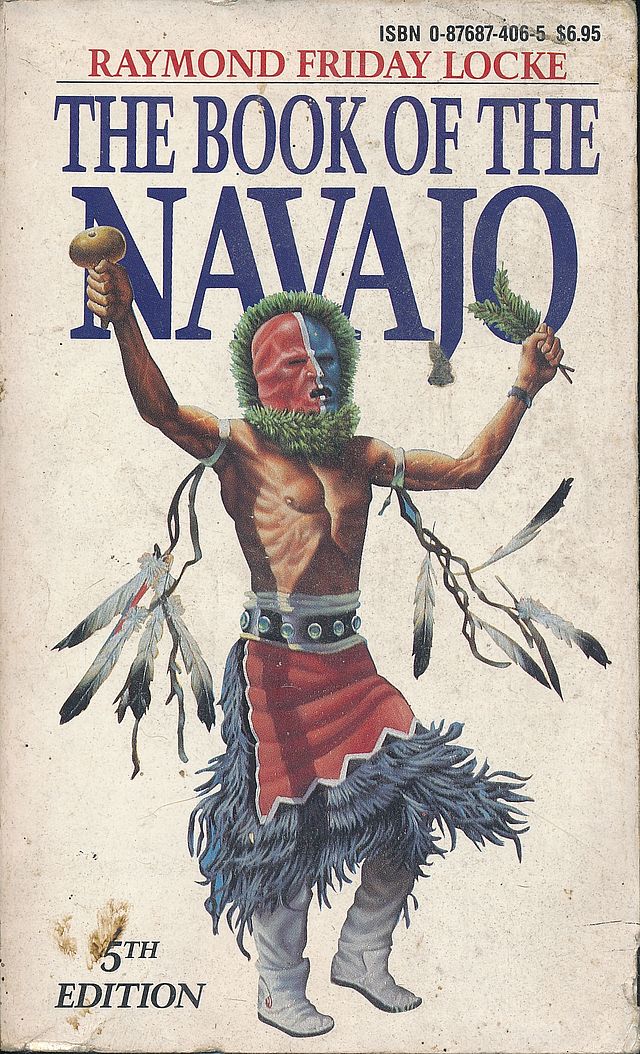



By limitations, I mean that Indigenous studies has been slow to take up the historical and lived experiences of Indigenous peoples in what is marked as urban and non-reservation or non-tribal lands. This legacy is our constituency." (1) As a Dine woman who struggles with academia precisely because of the kinds of challenges that Elizabeth Cook-Lynn speaks of, I take her writing to be inspiring first for my own efforts to sustain the criticism of American imperialism that is founded on the genocide and disappearance of Indigenous peoples and second as sources that can be built on to move the conversation in ways that are productive and regenerative.Ĭook-Lynn's insistence that Indigenous scholarship must be devoted to the support of tribal nations, sovereignty, and self-determination has been taken up in various ways and sometimes in ways that have limited our definitions of what sovereignty and self-determination mean. claims, CookLynn insists that our responsibility as scholars is "to the tribal nations that have survived terrible wars, that have signed solemn treaties with our enemies, that possess vast resources, the rivers people live by, the lands where our relatives are buried. Against scholarship that sustains such U.S. She has steadfastly criticized how scholarship in Native studies has been hijacked by American exceptionalism so that the historical treatment of Indigenous peoples and our present dilemmas continue to be erased, sanitized, and denied as the United States poses to the rest of the world as a multicultural nation that treats all of its citizens equally across race, class, and gender. Dakota Elizabeth Cook-Lynn's scholarship has been influential in shaping Indigenous studies for at least four decades.


 0 kommentar(er)
0 kommentar(er)
